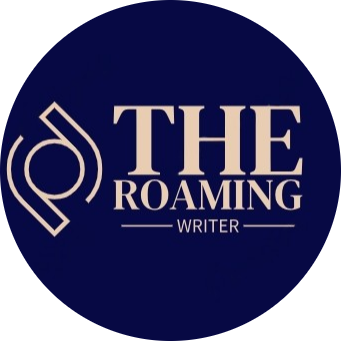This final will be on one of the principal themes of the course. Double spaced. Works Cited. 4 citations from class texts. Follow the MLA guidelines posted in the syllabus for formatting and review the rubric to help guide your writing as well. This is an academic paper between 900-1000 words.
Oral History Project -
Gender Studies and the Chicana/Latina Experience
What is an oral history?
And Peter Pan
We all have stories to tell, we organize the memories of our lives into stories. Oral history listens to these stories. Especially for people whose stories have been left out of dominant history, oral history is a way to validate those marginalized histories. If we do not collect and preserve these memories, those stories, they will continue to be marginalized and forgotten.
Oral history is the systematic collection of living people’s testimony about their own experiences. Oral historians attempt to verify their findings, analyze them, and place them in an accurate historical context. Oral history can reveal a person’s role in shaping the past and/or how larger trends impacted the individual. When an oral history places the experience of an individual within the context of a historical period, it can help illuminate both the individual’s experience and the historical period.
The Assignment:
You will conduct an oral history interview with a mother/grandmother/auntie (chosen) family member of your choosing who can be speak to their Chicana/Latina Experience.
She does not need to be famous. She can be anyone in your life. You will then write an presenting the experiences and/or perspectives of the individual, and place her experience and medicina within the larger historical and social context covered in class. You will need to use the following steps to complete this assignment:
- Choose and contact interviewee: You will contact this person and schedule a time to record the interview.
- When first contacting the woman, please let her know this interview is for your class, and that you will be writing an based on the interview.
- You might also want to talk to her about why you chose her for the interview.
- You might also want to give her an insight into the kinds of topics and/or historical events covered in the class, so that maybe she can gather her thoughts and insights on these in time for the actual interview.
- The Interview: Evidence of an interview should be clear . Go to the interview with prepared questions that can guide the interviewee into talking about her life. Include these questions and responses in paper. You might want to start with simple questions about where she was born, where she grew up, questions about siblings, parents, jobs, school, etc.
- Be sure to ask follow up questions, if there is any part of her story that seems particularly interesting or needs clarification. Again, particularly about family medicine and remedies.
- You might also think about asking her about specific historical events or time periods that she might have lived through. (example: women’s liberation, 60’s civil rights, etc.)
- Aside from recording the interview, you should have a pen and paper handy to jot down notes about what is being said in the interview, or to remind yourself of questions to ask.
- Immediately after the interview is done, it is a good idea to write down some notes about the interview while it is fresh in your mind. Maybe some interesting points she made, some interesting themes you discussed, etc.
- Brainstorm the : Gather your notes from the interview, maybe listen to the interview again, and start to think about what you want to say about this woman
- Analyze the responses to your questions and what they illustrate about their historical or social context. Make an outline of some of the central points or topics that the interview revealed and explored.
- Consider how this Chicana/Latina's identity (her class, gender, race, sexuality, etc.) relates to the nature of her experience or perspective, particularly when it comes to her wisdom on her gendered experience as a Chicana/Latina.
- Then use these topics to help you organize it
- The : You will write a about your interviewee’s knowledge of her experience as a Chicana/Latina in relation to the historical context, and theoretical concepts discussed in class.
- Your introduction should say a few things about who the person is and name some of the recurring themes or issues to prepare the reader to notice those in the body
- The body should organize the interviewee’s comments, for instance chronologically or topically, and provide bridges (transitions) between sections.
- Organizing the body paragraphs by topic/healing modalities may be an effective way of explaining how the individual’s experience fit into the broader historical or social context and your growing understanding of witches throughout history.
- Frame your quotes with phrases like “Andrea explained . . .” or “Horatio’s view on plum trees is that . . .”; if you use paraphrases, be careful not to change their implications or lose their intent, since your goal is to present rather than interpret.
- Refer explicitly to 4 class texts. Give full citations and Works Cited. These sources will have the necessary evidence to create a picture of the broader historical or social context. Reading Responses are useful for this. You may directly pull quotations and summaries and commentary from the Reading Responses. That is what Reading Responses are for.
- MLA format, double spaced
- You do not need to submit a video or audio recording of the interview. Evidence of the interview should be evident in the itself.


